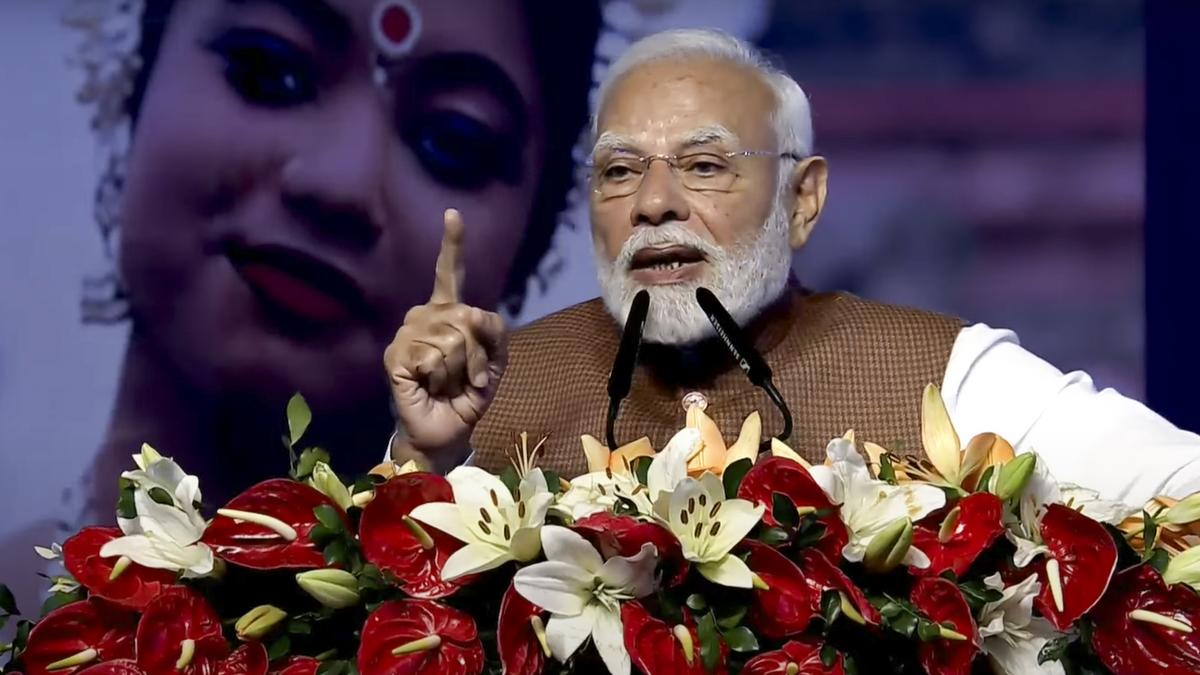
PM degree row: RTI’s purpose not to satisfy curiosity, Delhi University tells High Court
The Hindu
Delhi University argues RTI Act not for satisfying curiosity, challenges CIC order on PM Modi's degree disclosure.
The University of Delhi on Monday (January 13, 2024) argued before the Delhi High Court that the purpose of a plea under the Right to Information (RTI) Act was not to satiate a third party’s curiosity as it challenged the Central Information Commission’s (CIC) order over the disclosure of information on Prime Minister Narendra Modi’s educational degree.
Solicitor General Tushar Mehta said students’ information was held by a university in a “fiduciary capacity” and could not be divulged “to a stranger” for the law exempted it.
“Section 6 provides a mandate that information will have to be given, that is the purpose. But the RTI Act is not for the purpose of satisfying someone’s curiosity,” Mr. Mehta said.
The RTI law could not be abused or misused by directing disclosure of information unrelated to transparency and accountability in the functioning of public authorities, Mr. Mehta argued.
On the RTI plea of an activist, Neeraj, the CIC had on December 21, 2016 allowed the inspection of records of all students who had cleared the Bachelor of Arts (BA) exam in 1978, the year Mr. Modi also passed it.
The plea sought details of students who wrote the examination in 1978. The CIC’s order was, however, stayed by the High Court on January 23, 2017.
Mr. Mehta called the CIC’s order contrary to established law, and said “indiscriminate and impractical” demands under the RTI Act for the disclosure of “all and sundry” information would be counterproductive, and adversely affect the efficiency of the administration.

“Earth Day celebrations have already started in Bengaluru, with campaigns at various colleges such as St. Josephs, and Christ University where life-size elephants made from the invasive species, Lantana Camera, have been travelling to spread the message of conservation and coexistence, along with expert talks from WWF India and Ravi Chellam of Metastring Foundation,” said the release.

Vijayawada and Vizag metro rails: Centre approves appointment of SYSTRA MVA Consulting for preparing mobility plans. The New Delhi-based consultant has emerged as the successful bidder for preparing CMPs for both the projects. The Government of Andhra Pradesh has sanctioned DPRs for construction of the Visakhapatnam Metro Rail for a length of 46.23 km in three corridors at an estimated cost of ₹11,498 crore and the Vijayawada Metro Rail for a length of 38.40 km in two corridors at a cost of ₹11,009 crore.











